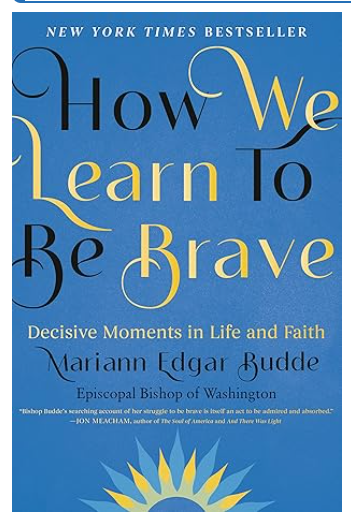In the year 2000 she felt moved to do something about abortion. So she prayed. She felt that she was just taking the easy way out and made herself go to an abortion clinic and pray. Every week, on Tuesdays and Wednesdays, from 9-12 she prayed in front of an abortion clinic.
Then came the day when one of the counselors was sick and she was asked to step in a be a counselor. She had no idea what to do. A couple walked by and she said, "Can I help you?" They just looked at her as they passed by. A few minutes later, the man came out to smoke a cigarette. She said to the man that she wanted to help him if he would let her. He looked at her and seemed interested. So she said, "Go back inside and get your wife."
He did.
Eleanor was shocked. Soon they both came out together and she said, "I'd like to help you, can we go somewhere to talk." She took them to her house. Once there, she telephoned someone to come talk to them. The couple eventually was helped. They had the baby. He's eleven years old now and Eleanor gets a picture of him, every year.
This became her function--counseling. Then, in 2007, Massachusetts passed what is known as the buffer zone law. The pro life people have to stand 35 feet away from the doors to the abortion clinic. This definitely hampers Eleanor's counseling. She can't get close enough to counsel people. Yet the workers in the clinic can. Discrimination?
But the argument Eleanor and her lawyers are using is that sidewalks are protected places of free speech, protected under First Amendment rights.
Eleanor counsels consensually. She doesn't hold signs or yell. She quietly talks to people.
The opposing side kept calling Eleanor a protestor. The court objected to this label because Eleanor doesn't protest; she counsels.
This is a counsel case, not a protest case. And that's how it was left. The decision won't be decided before June.
-1.JPG)


